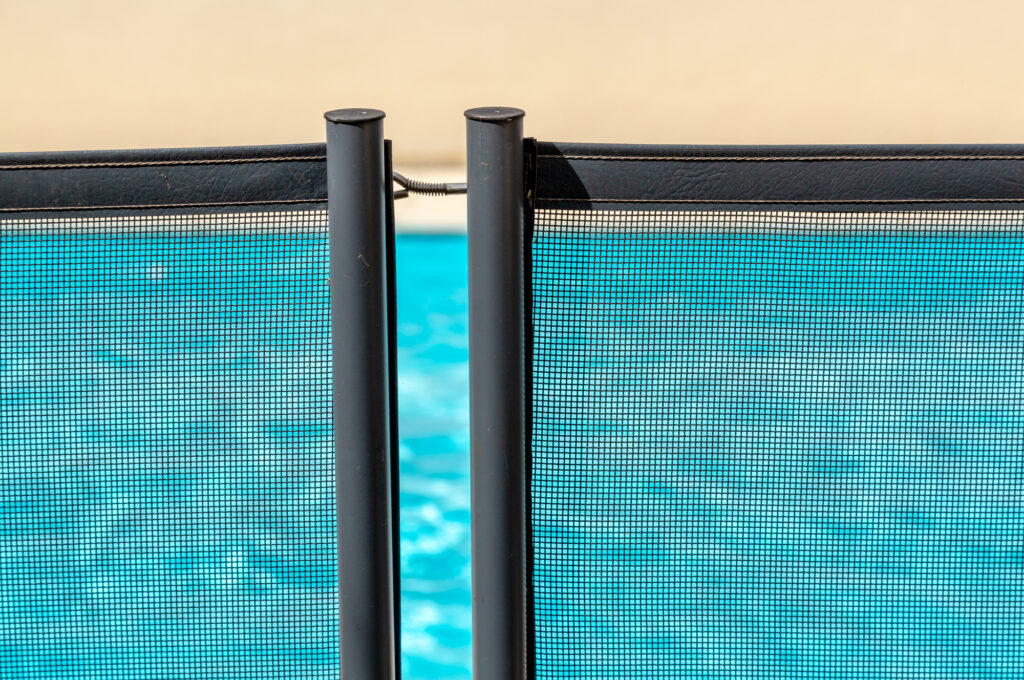Three associations submitted a proposal to parliament to create a regime, “non-existent so far”, that regulates the safety of swimming pools in tourist developments, local accommodation, condominiums and private homes to try to reduce child mortality.
“There is only specific legislation and regulations for swimming pools located in water fun venues”, warned DECO, one of the three organizations that, on Tuesday, sent a diploma suggestion to the parliamentary groups.
Swimming pools installed in local accommodation, condominiums and private spaces for exclusively domestic use “do not have any regulations”, reads the document, which was also authored by the Portuguese Association of Swimming Pool Professionals (APP) and the Association for the Promotion of Safety Children's (APSI).
In the face of “insufficient” or “empty” legislation for most types of swimming pools, the three associations want swimming pools to have mandatory protection systems that prevent child drowning, according to the proposal to which Lusa had access.
Safety must be obligatorily guaranteed through a surveillance service with lifeguards, water rescue devices or protective equipment, the requirements varying depending on the type of pool.
In some cases, such as municipal and sports pools, it would become mandatory to have lifeguards and rescue devices, while in others, such as local accommodation pools, water rescue devices and protective equipment would be required.
The proposal specifies that protective equipment can be vertical or horizontal physical barriers, shelters or alarms.
Access to swimming pools “must be protected through technical solutions that delay and hinder direct access, climbing and crossing by young children, intended to reduce the risk of drowning”, but this protective equipment cannot constitute a “visual obstacle to surveillance from space, nor to prevent a quick rescue", the proposal also states.
In the annex to the diploma proposal, the associations point out that “drowning in children is a quick, silent event that can happen in very little water; it is the second most frequent cause of accidental death in Portugal under the age of 18”.
Statistics indicate that “drowning continues to be one of the most frequent causes of accidental death in children in Portugal”: In the last 11 years, on average, nine children died and another 22 were hospitalized following a drowning, with swimming pools being the water plane with more incidences”.
With the pandemic, the number of deaths of children from drowning rose to 14 in 2020 and 12 in 2021.
The associations also recall the case of France, where the legislation, created in 2003, which forced the installation of protective equipment in all swimming pools, reduced deaths from drowning.
“In 15 years, these measures reduced the ratio between the number of accidents and the number of swimming pools by 10 times”, reveal the associations.



















Comments